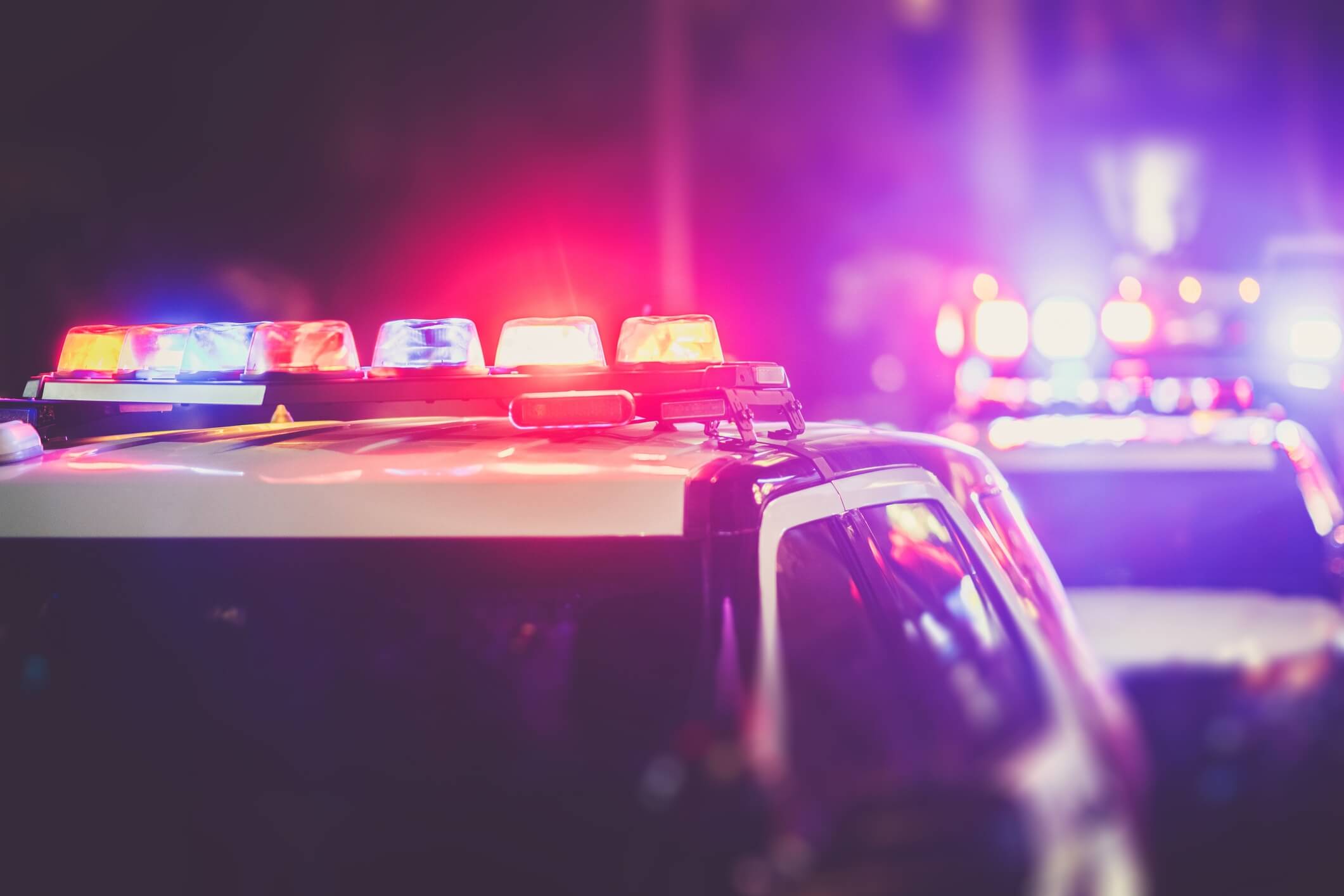DUI checkpoints are a standard tool for deterring or detecting impaired driving. The cause is noble, but it raises critical questions about how to balance public safety with privacy.
Picture the flashing lights that signal a routine stop and the uniformed officers with breathalyzers. These images can stir a sense of discomfort. Yet, there is an intricate dance of legality at work to protect us all.
Understanding the facts can empower you to feel more secure and less vulnerable. This article dives deeper into the balancing act at work and gives practical advice on handling these situations. Discover the details below that may keep you or a loved one out of hot water.
Historical Context and Legal Foundation
The concept of DUI checkpoints stands on a complex collection of legal precedents and civil liberties debates. Identifying the underpinnings of these sobriety screenings starts with landmark rulings. Notably, the 1990 U.S. Supreme Court case of Michigan Dept. of State Police v. Sitz cemented their legality. The highest court in the country held that the interest in preventing drunk driving outweighed a slight intrusion of Fourth Amendment rights.
However, establishing DUI checkpoints didn’t happen without intricacies. The Supreme Court’s decision hinged on the careful balance between privacy rights and the collective right to safety. As a result, there are strict guidelines. These regulations have evolved through many judge rulings and state laws to keep them constitutionally sound. Generally, random checks are prohibited, and there must be transparency in how they operate.
The result is a patchwork of state statutes that govern DUI checkpoints that reflect diverse sentiments. Some states have embraced the practice wholeheartedly, while others have prohibited it entirely. This legal mosaic echoes the ongoing dialogue between public safety and privacy.
DUI Checkpoints Explained
Sobriety checkpoints are locations where law enforcement stations check drivers for signs of intoxication. Typically, the police set them up when impaired driving is more prevalent, such as on holiday weekends. Officers may briefly stop vehicles randomly to minimize subjectivity and profiling claims. The goal is to deter driving under the influence and remove dangerous drivers from the road.
The presence of law enforcement at DUI checkpoints serves multiple purposes. First, it is a visual deterrent for would-be drunk drivers. The process usually involves a quick conversation where officers observe the driver for signs of impairment. Police officers who suspect driving under the influence can conduct field sobriety or breathalyzer tests.
There are criteria for what is a legal and constitutional DUI checkpoint. For example, there must be a supervisory level decision-making for where to set up. The decision cannot be arbitrary or left to the discretion of officers in the field. Also, the time and location must rely on relevant data, such as areas with high incident rates. Moreover, there should be a public announcement, visible warning signs, and proper lighting.
The Balance Between Public Safety and Privacy
Striking the appropriate balance between public safety and privacy is a delicate endeavor. The justification for checkpoints hinges on the threat that impaired driving poses to the public. Advocates for them argue that the temporary and minor intrusion of privacy is a small price to pay for the lives saved. Statistics often bolster these arguments. For instance, the National Highway Traffic Safety Administration found a 9% decrease in fatal incidents.
Additionally, legal boundaries prevent an overstep by law enforcement. The Supreme Court ruled that DUI checkpoints must occur in a manner that minimizes intrusion. The transparency with which they operate serves as a testament to honest efforts to balance privacy with public safety.
There can also be distinct guidelines officers must follow. These can include nondiscriminatory vehicle selection, professional demeanor, and limitations for probable cause. Moreover, safeguards exist to ensure any data collected only applies to the checkpoint to detect drunk drivers.
Role of the Individual
On one hand, drivers must comply with the law at checkpoints. This obligation includes showing documentation such as a driver’s license and registration. However, it’s equally important for individuals to remain informed about their rights. Drivers should know that while they must stop for police, they do not have to consent to a vehicle search. They also do not have to answer incriminating questions without legal counsel.
Knowledge is powerful when you know about these checkpoints and reasonable procedures. You can empower yourself by diving into the specific state laws and guidelines. Additionally, it is within your rights to calmly and respectfully decline any voluntary tests or additional questioning.
Individuals also play a critical role in the broader conversation about the balance between safety and rights. Civic engagement, providing feedback to local law enforcement, and challenging overreaches are vital. The community’s voice ensures these measures happen with respect for constitutional rights. After all, your action and advocacy could help shape the policies that govern future DUI checkpoints.
Meet With an Attorney About DUI Checkpoints
DUI checkpoints constantly thread the needle between collective security and personal liberty. The debate continues with valid points raised on all sides. Therefore, individuals must remain vigilant, informed, and engaged.
Nonetheless, you may find yourself facing questions or concerns. Perhaps you encountered a checkpoint and feel unsure about the legality of the procedures followed.
Meeting with a local DUI lawyer is the first step to finding answers. Ask us for a referral today by calling (866) 345-6784 or submit this quick online form!

